| Weight | 1 lbs |
|---|---|
| Dimensions | 9 × 5 × 2 in |
| host | mouse |
| isotype | IgG2b |
| clonality | monoclonal |
| concentration | 1 mg/mL |
| applications | ELISA, ICC, IHC, WB |
| reactivity | all, human |
| available sizes | 100 µg, 500 µg |
mouse anti-8-hydroxy Guanosine DNA/RNA damage monoclonal antibody (15A3) 1102
Price range: $350.00 through $900.00
Antibody summary
- Mouse monoclonal to 8-hydroxy-guanosine
- Suitable for: ELISA, IHC, ICC, WB
- Reacts with: All
- Isotype: IgG2b
- 100 µg, 500 µg
mouse anti-8-hydroxy Guanosine DNA/RNA damage monoclonal antibody (15A3) 1102
| target relevance |
|---|
| Protein names 8-OH-Gua, 8-oxoG, 8-oxoguanosine, 8-oxo-dG (if DNA), 8-OHG |
Data
 |
| Distribution of 8-oxoG in (A) H2O2-treated Chlamydomonas and (B) Arsenite-treated HeLa. William Zearges, Concordia University. |
Publications
| pmid | title | authors | citation |
|---|---|---|---|
| We haven't added any publications to our database yet. | |||
Protocols
| relevant to this product |
|---|
| Western blot IHC ICC |
Documents
| # | SDS | Certificate | |
|---|---|---|---|
| Please enter your product and batch number here to retrieve product datasheet, SDS, and QC information. | |||
Only logged in customers who have purchased this product may leave a review.
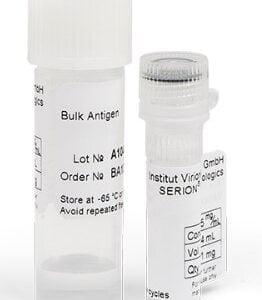
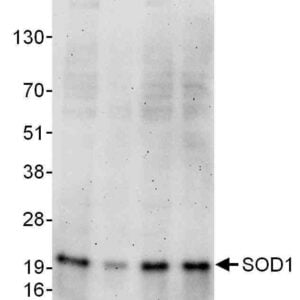
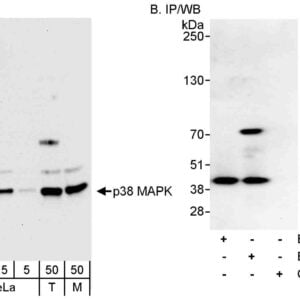
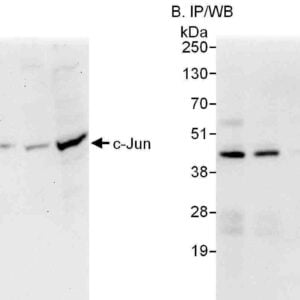
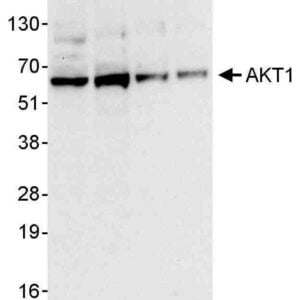
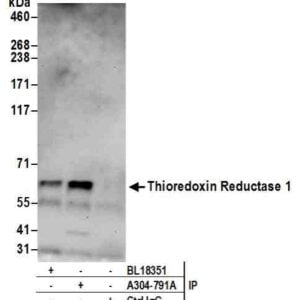
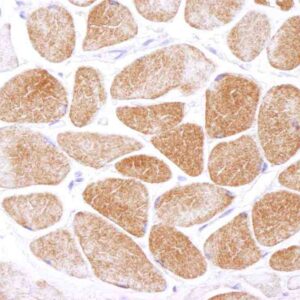
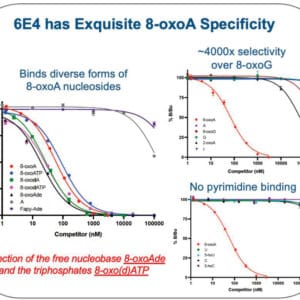

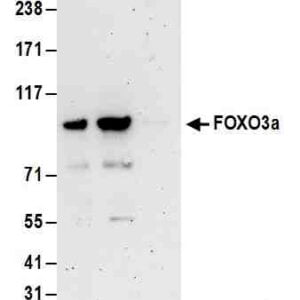
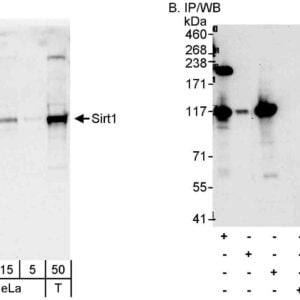
Reviews
There are no reviews yet.